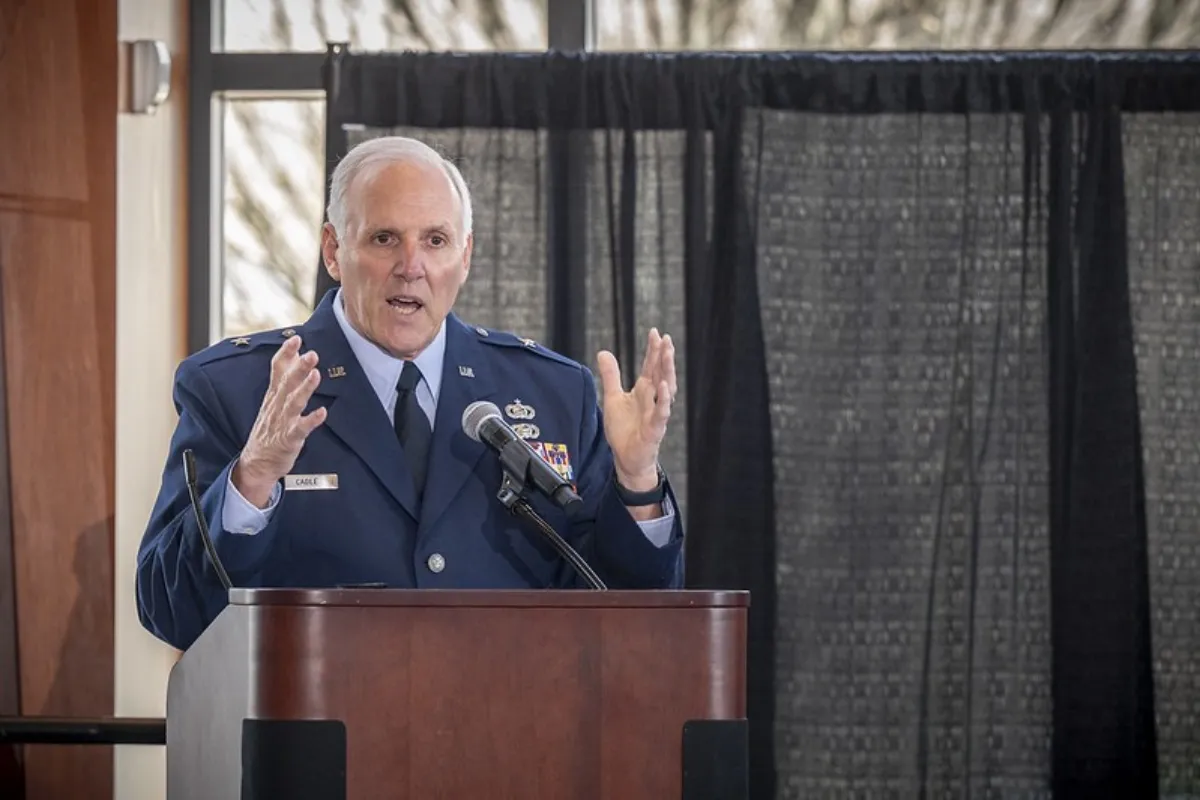The Great Bend Museum in Ravenswood, West Virginia, is facing serious challenges following sweeping cuts to AmeriCorps initiated by the Department of Government Efficiency (DOGE).
The federal directive, authorized under the Trump administration, has slashed nearly $400 million in grants and placed over 85% of AmeriCorps staff on administrative leave—effectively dismantling the national service program that has supported nonprofits and small community organizations for nearly 30 years.
Among the affected institutions is the Great Bend Museum, where AmeriCorps volunteers have long played an essential role in preserving local history and supporting day-to-day operations. Museum Director Faith Walker voiced her deep frustration and concern during a recent interview on MetroNews Midday, emphasizing how critical AmeriCorps has been to their work.
“AmeriCorps members are incredibly, incredibly valuable workers for organizations that just can’t afford staff like that,” Walker said. “So I’m personally pretty heartbroken and frankly outraged by these sudden cuts.”
The museum offers exhibits on Native American heritage, early settlements, and Ravenswood’s community life through the 20th century. Volunteers, particularly AmeriCorps members, have been key to maintaining and developing these historical displays. Their termination, Walker said, has left the museum scrambling to fill essential roles once supported by federal grants.
AmeriCorps programs are funded through federal grants but are administered at the state level, meaning local organizations like the Great Bend Museum must contribute matching funds to bring in AmeriCorps staff. Walker noted that the museum willingly took on this financial responsibility, believing the value of the volunteers far outweighed the cost.
“They’re not just line items, they’re lifelines for small organizations like ours,” Walker explained. “For the passionate professionals who serve our community through them, it’s a devastating loss.”
Walker, herself a former AmeriCorps member who completed two terms of service, said the program not only helped her give back to the community but also introduced young professionals to West Virginia.
Many AmeriCorps members, she noted, fall in love with the state and choose to stay, contributing to the local workforce and economy. That pipeline of future employees has now been severely disrupted.
“Without AmeriCorps, not only are we not going to bring in those professionals, but unfortunately, we’re also going to lose a lot of people who simply can’t find a replacement job in this time,” she said.
The museum had recently secured a $20,000 grant from the West Virginia Humanities Council to develop an exhibit dedicated to Clara Weisheit, a Ravenswood native and notable early 20th-century photographer. The exhibit was set to open soon, but the DOGE directive abruptly eliminated the funding just weeks before the museum’s fiscal year ended.
Walker described the timing as “devastating.”
“We can’t cancel the project, so now we’re bearing the costs ourselves,” she said. “We’ve had to make pretty tough decisions about what other projects to cut or postpone in order to accommodate this unexpected expense.”
Despite the challenges, Walker said the museum remains committed to its mission. She hopes political leaders will begin to recognize the wide-reaching impact of these decisions—not just on history, but on the communities that benefit from education, mentorship, and service.
“AmeriCorps members are in our communities every day helping kids learn, preserving history, mentoring youth, building trails—so many things,” Walker said. “Cutting them and their service undermines everything they have sacrificed for.”
U.S. Senator Shelley Moore Capito has also acknowledged AmeriCorps’ importance, particularly in rural states like West Virginia. She noted the program’s unique ability to fill employment gaps and support public service efforts in areas with limited resources.
For small institutions like the Great Bend Museum, AmeriCorps isn’t just a program—it’s a backbone. And without it, Walker fears for the future of both historical preservation and the professionals who make it possible.











